RESOURCES

Food foaming agents - History and uses
By foaming agent, we mean a chemical compound that facilitates the formation of foam and helps the foam and stay intact by strengthening the bubbles....

Air conditioning - The story shared by Settala Gas
Some people love it, others hate it. There are those who, in summer, keep it on at all hours and those who don't, saying that it makes them sick and...

How to use and store gas cylinders safely
It has always been important to store gas cylinders safely in order to avoid accidents related to their bursting and caused by carelessness and...

Geothermal energy - Use
The term geothermal energy refers to a renewable energy source derived from the natural heat of the Earth and used to produce both electrical energy...

Natural gas extraction - Natural gas fields in Italy
The term natural gas refers to hydrocarbons and gases such as nitrogen, propane, carbon dioxide and butane that are present in higher or lower...

Discovering refrigerant gases: properties, uses and advantages
Blas Villafranca first used the term “refrigerant” in 1550 in his treatise in which he explained how to refrigerate using potassium nitrate or...

Settala Gas refrigerant gases – Why them
The history of refrigerant gases looks back to 1834 and in the nineteenth century were used natural gases with compounds of water, ammonia, sulphur...

Discovering special gases - Properties and uses
Settala Gas produces and sells special gases in Italy and Europe and has been a reference point in the industry for over 40 years with customers in...

Discovering environmentally friendly hydrocarbons - Properties, uses and benefits
Hydrocarbons are organic compounds characterized only by carbon and hydrogen. If used exclusively as fuels, they represent a source of atmospheric...

Discovering Pure Hydrocarbons: Properties, uses and advantages
Hydrocarbons are compounds derived from the combination of carbon and hydrogen and from pure hydrocarbons, it is possible to create other organic...

Settala environmentally friendly hydrocarbons - Why to choose them
Since 2010, CFC gases have been banned in order to protect the stratospheric ozone layer and contribute to people's well-being and survival. In...

Settala - Hydrocarbons for food packaging
Hydrocarbons for food packaging are commonly known as MO and include MOSH and MOAH, a heterogeneous group of substances consisting of chains of...

Hydrocarbons in food mineral oils: are they dangerous?
Few people know that mineral oil residues that are harmful to human health contaminate some items such as rice, flour, breakfast cereals, pasta and...

Domestic refrigeration - Origins, history and gases used
Domestic refrigeration has a long history and before the invention of refrigerators, ice was stored in iceboxes. 1913 the Domelre company produced...

Industrial refrigeration - Origins, history and gases used
Refrigeration is the process of lowering the temperature of a room or container below the outside temperature by subtracting heat. In line with...

Oil exploration in Italy - History
It can be said that the exploration and production of hydrocarbons in Italy with industrial techniques began in the second half of the nineteenth...

ADR standards – Definition and implication
The term ADR refers to the Dangerreuses Route Agreement, i.e. the European agreement relating to the international transport of dangerous goods by...

Natural gas -Frequently asked questions about storage
Natural gas brings with it the issue of storage; we see here together the answer to the most common questions.

Settala pure hydrocarbons - Reasons why
Hydrocarbons are organic compounds in which carbon atoms are joined to hydrogen atoms by covalent bonds. Hydrocarbons are part of the organic...

Settala special gases – The reason why
Special or industrial gases are widely used in all industrial sectors, from food processing to automotive, from steelmaking to water treatment....
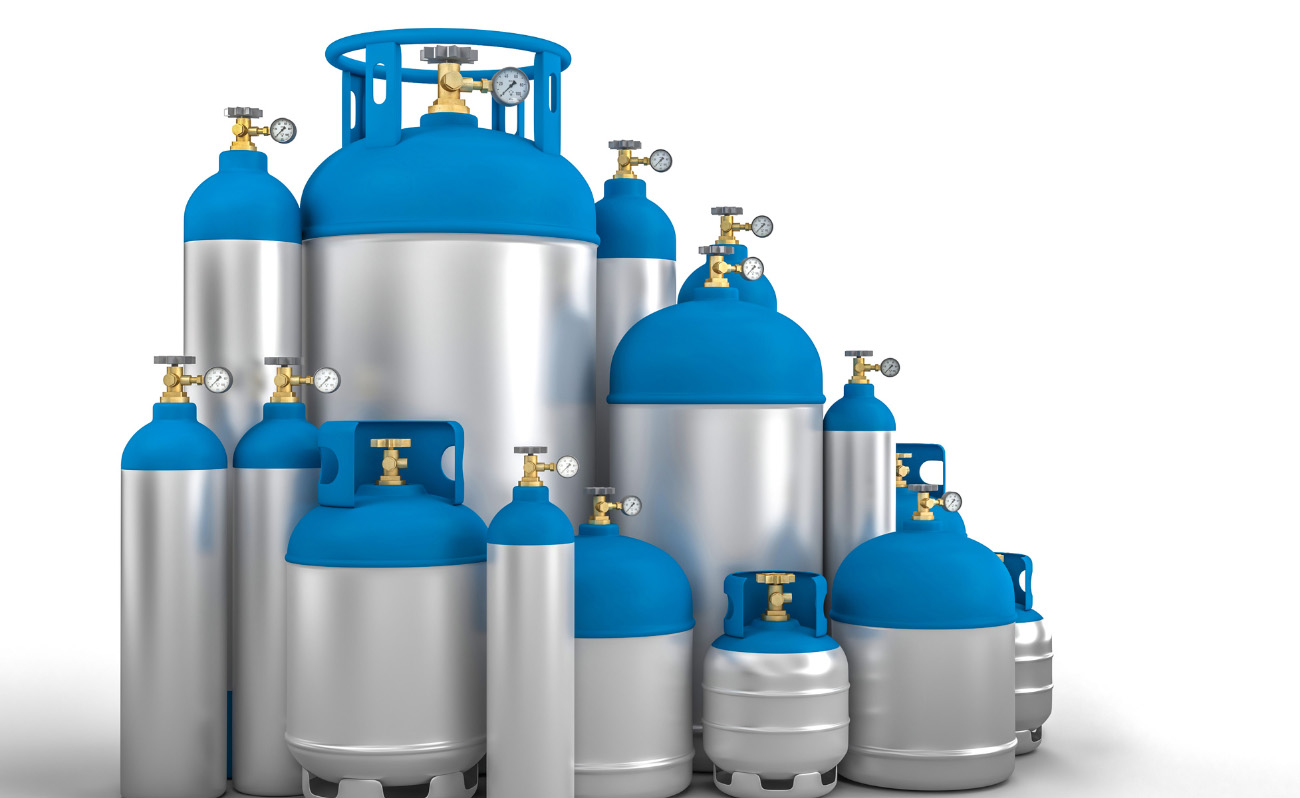
Compressed gases - Definition
Compressed gases refer to gases that have a critical temperature above -10°C and for reasons of transport, storage and use are stored in containers...

Medicinal and technical gases - Storage characteristics
Even in the healthcare and hospital sectors, "medical gases" are used which have different locations depending on their characteristics and use....
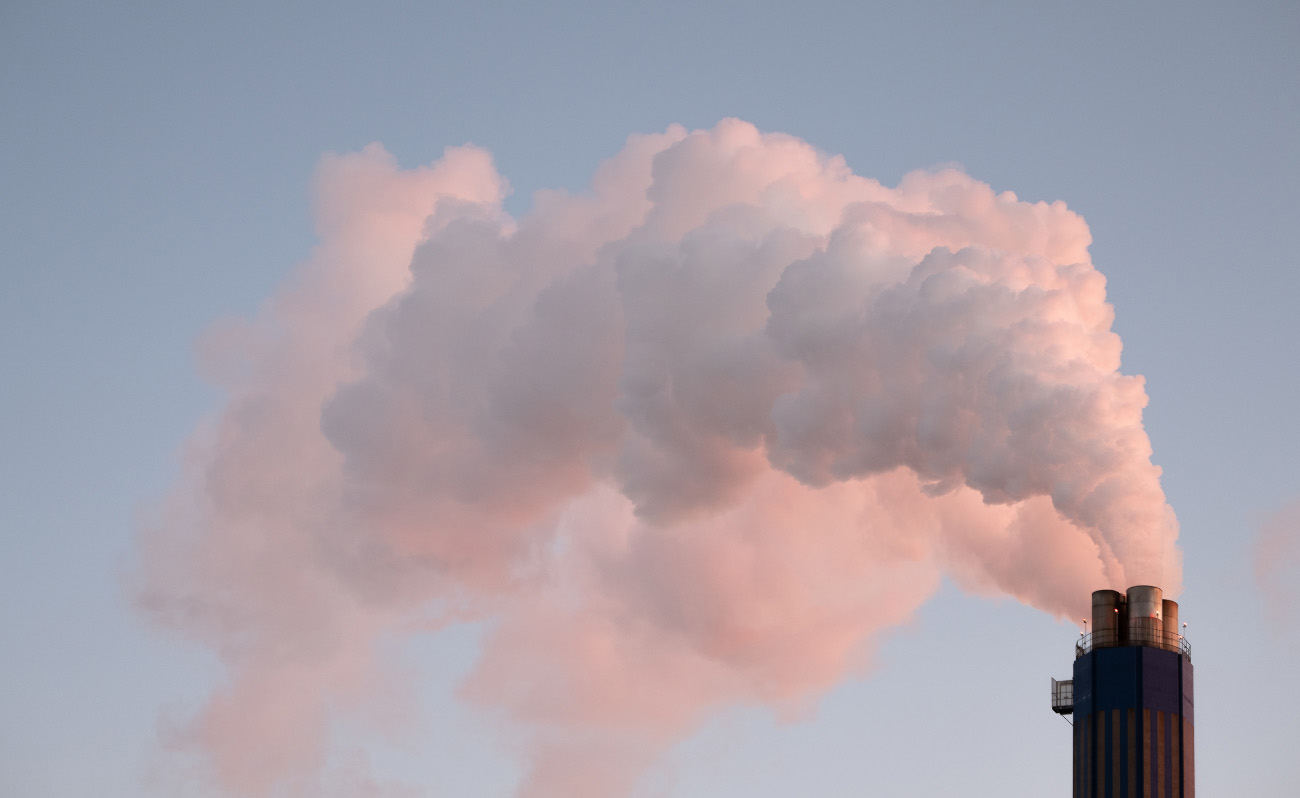
Kyoto Protocol – Content
Today everyone is familiar with the Kyoto Protocol, the international agreement on climate change which aims to reduce the emissions of gases...
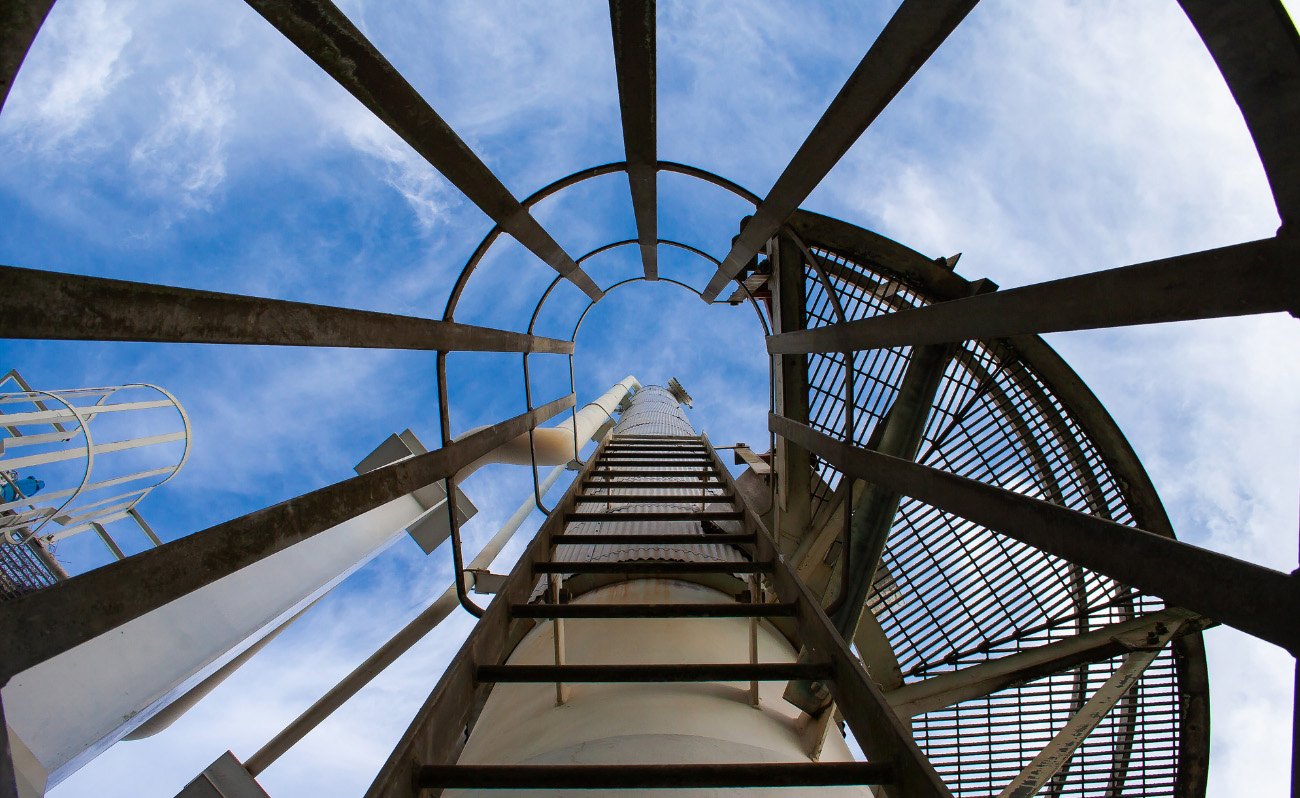
LPG, propane, methane and butane - The best-known gases
The acronym LPG or liquefied petroleum gases refers to hydrocarbons and their mixtures, which tend to take on liquid form at certain pressures. For...
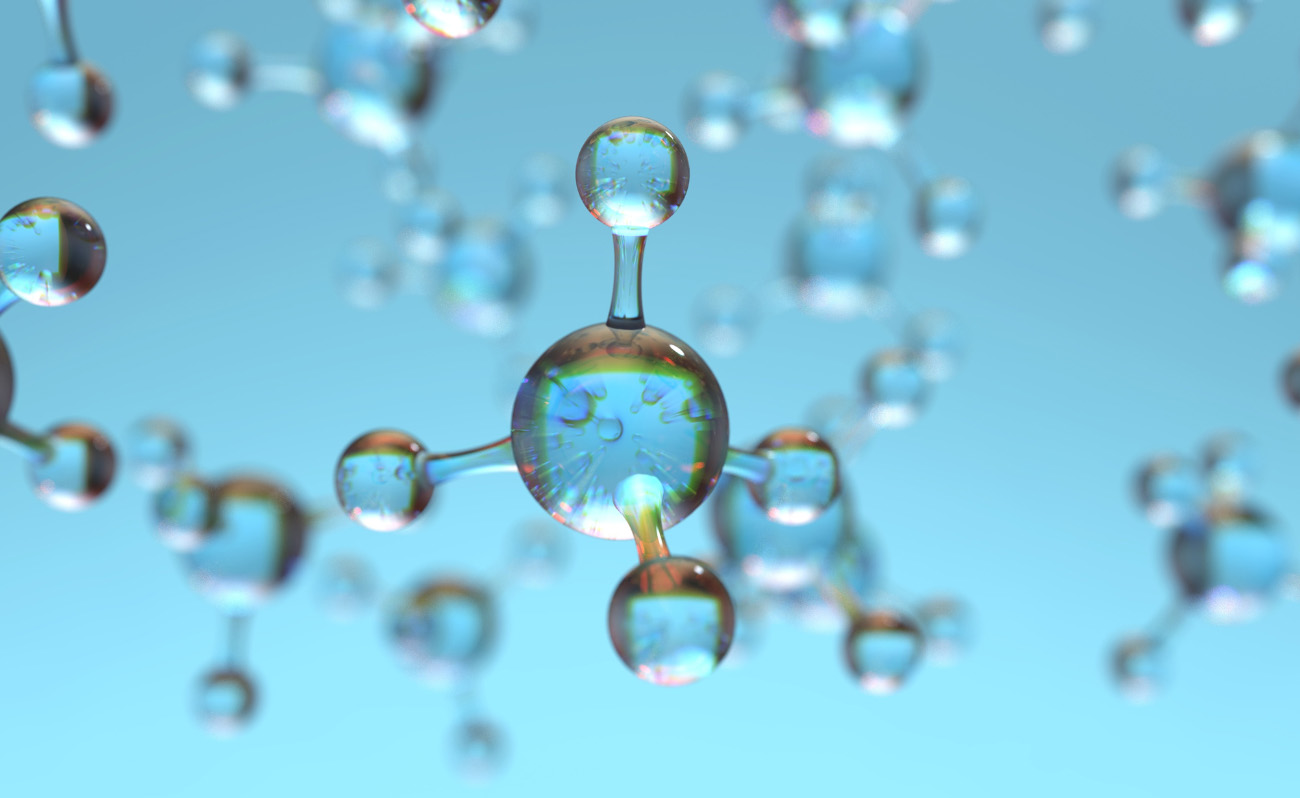
Hydrocarbons - An overview of these gases
Hydrocarbons produced and sold by Settala Gas mainly belong to the refrigerant category and include R290 Propane, R600a Isobutane, R1270 Propylene....
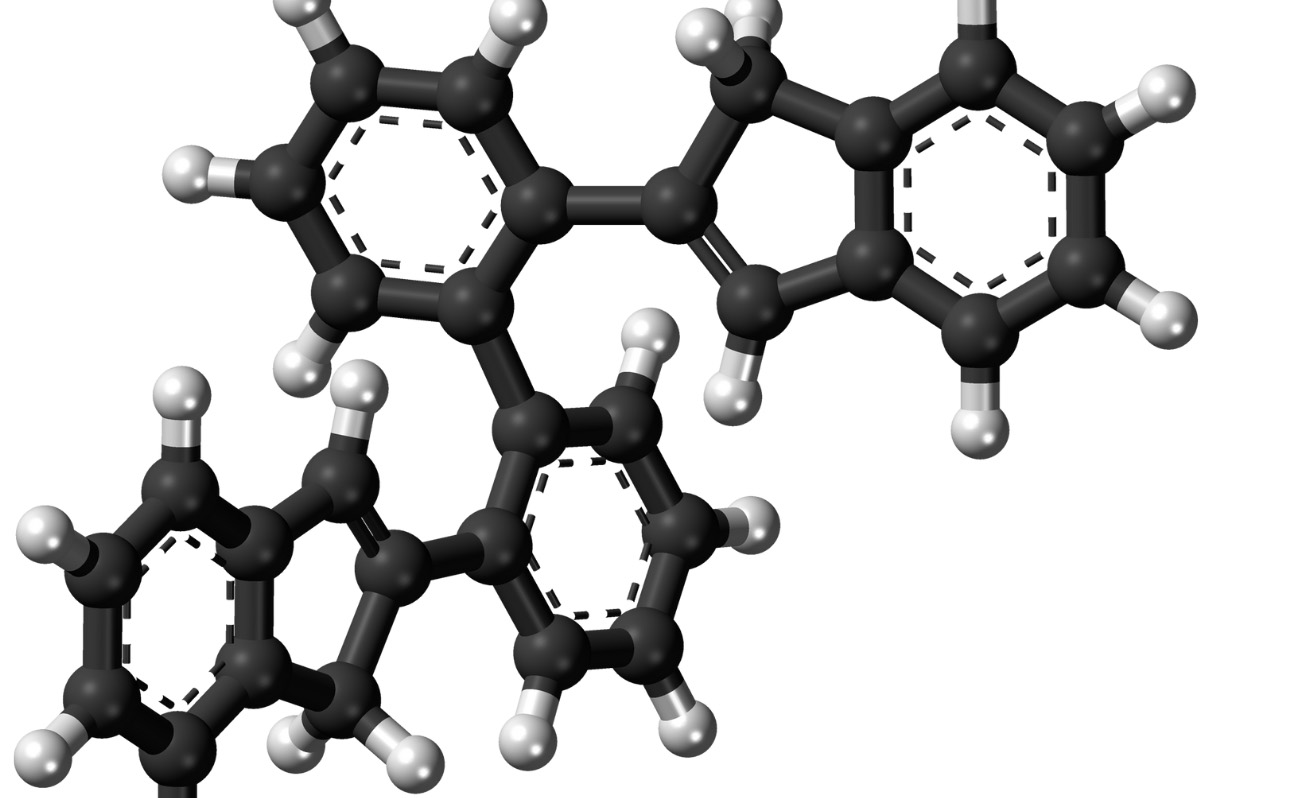
Hydrocarbons – Why are they pollutants?
Hydrocarbons present in the environment are of different types: Saturated like alkanes Unsaturated like alkanes ...
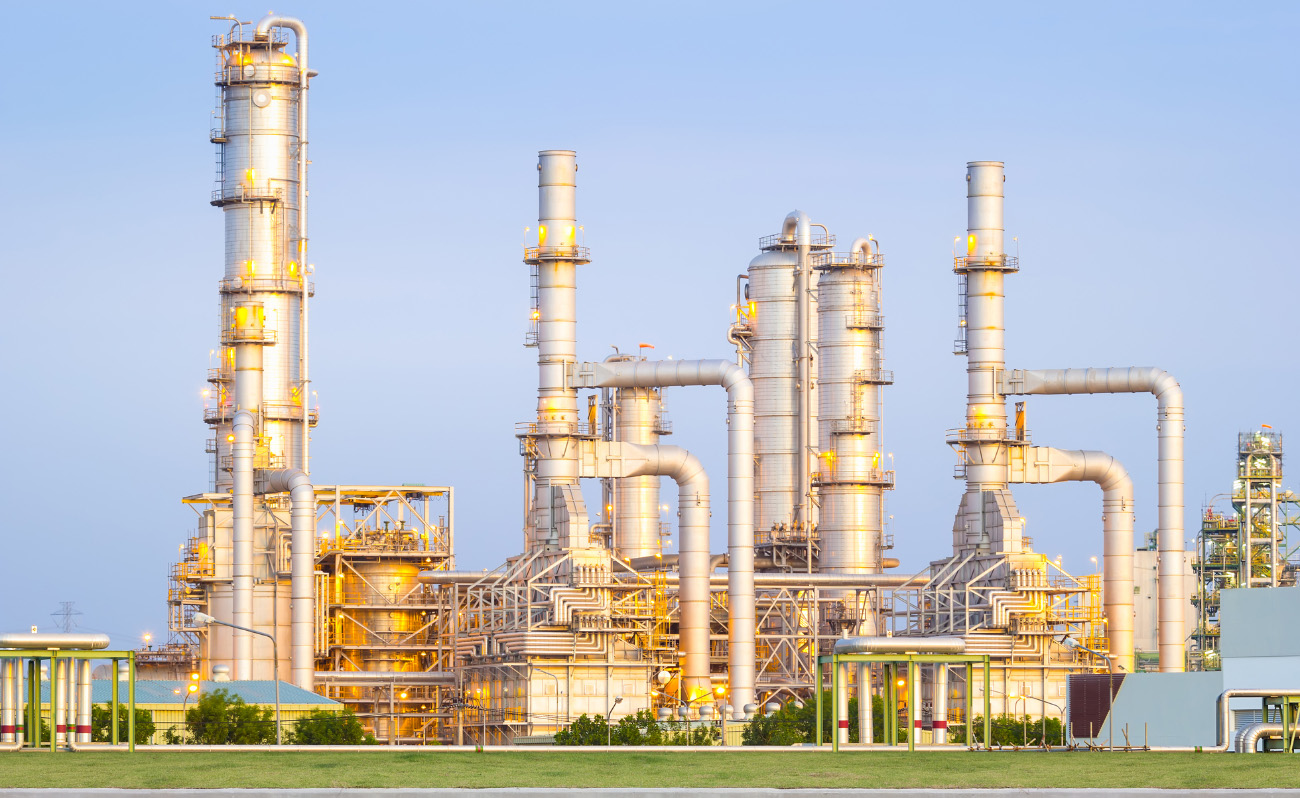
Oil extraction- Method
Oil extraction includes several techniques and processes that allow taking this product from the subsoil, where it has accumulated over time. Even...
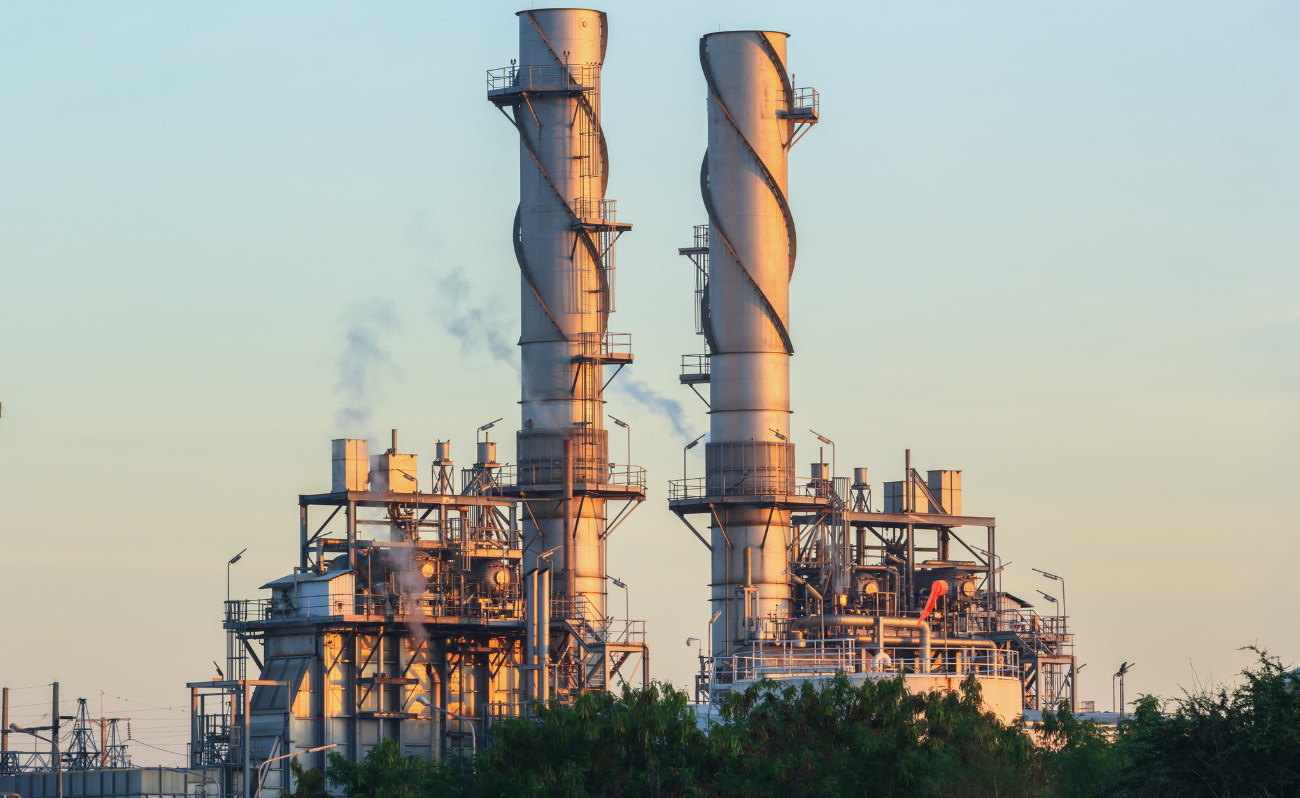
Natural gas - Environmental impact and why to prefer it
Among the fossil fuels in addition to coal and oil is natural gas, which is considered a bridge to the shift towards the increasing use of renewable...

Short history of oil extraction
Oil or rock gold represents a liquid mixture of alkane hydrocarbons and is found in deposits in the upper layers of the earth's crust. In addition,...
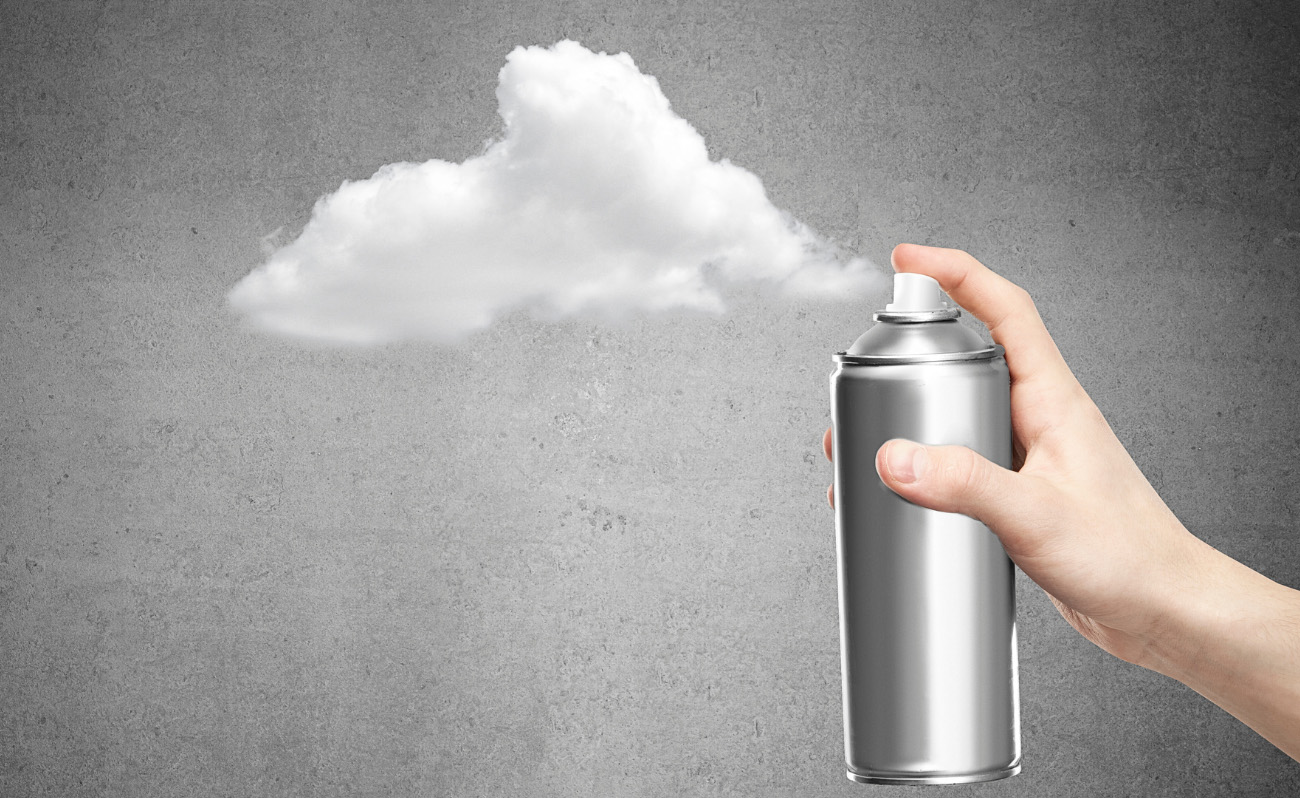
Aerosol cans - Story
The term aerosol refers to a colloid of fine solid particles or drops of liquid that move in the air or in another gas, and aerosol production...

Refrigerant hydrocarbons - Advantages in reducing GWP
Among the most common used gases are hydrocarbon refrigerants and in particular Propane, Isobutane and Propylene. In addition to these main...
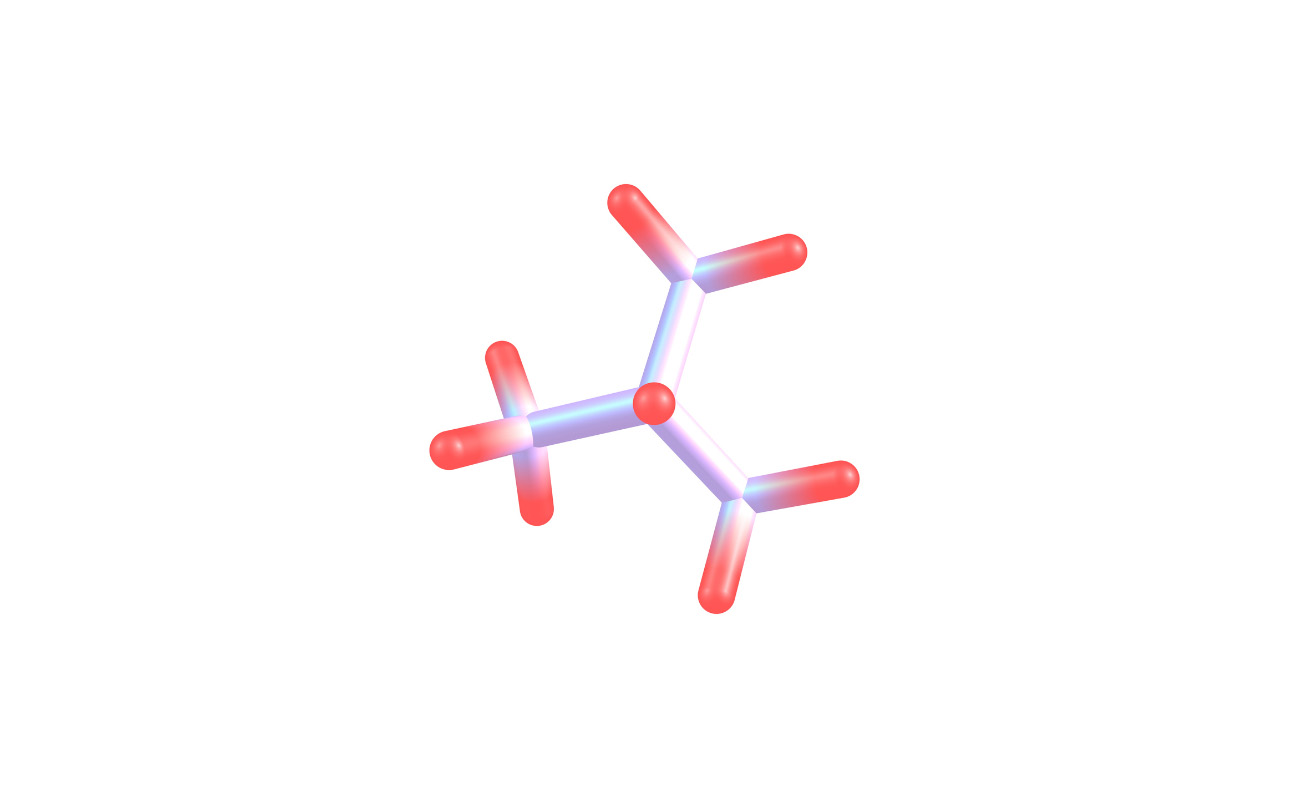
Isobutane – Definition and use
Isobutane means the simplest alkane, which contains carbon and is used as a refrigerant fluid. This gas, which is identified as R600a, is obtained by...
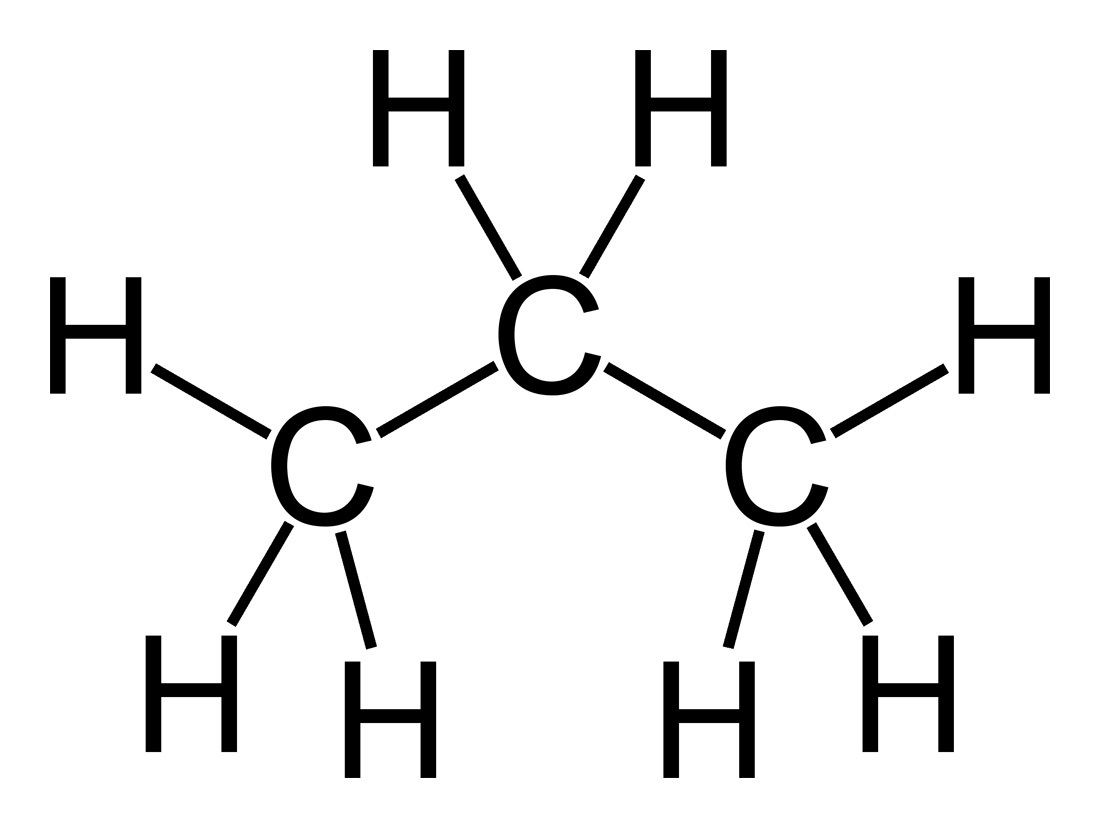
Propane – Definition and use
Propane is an aliphatic hydrocarbon that belongs to the saturated alkanes and occurs as a colourless, odourless gas. It occurs naturally as a...
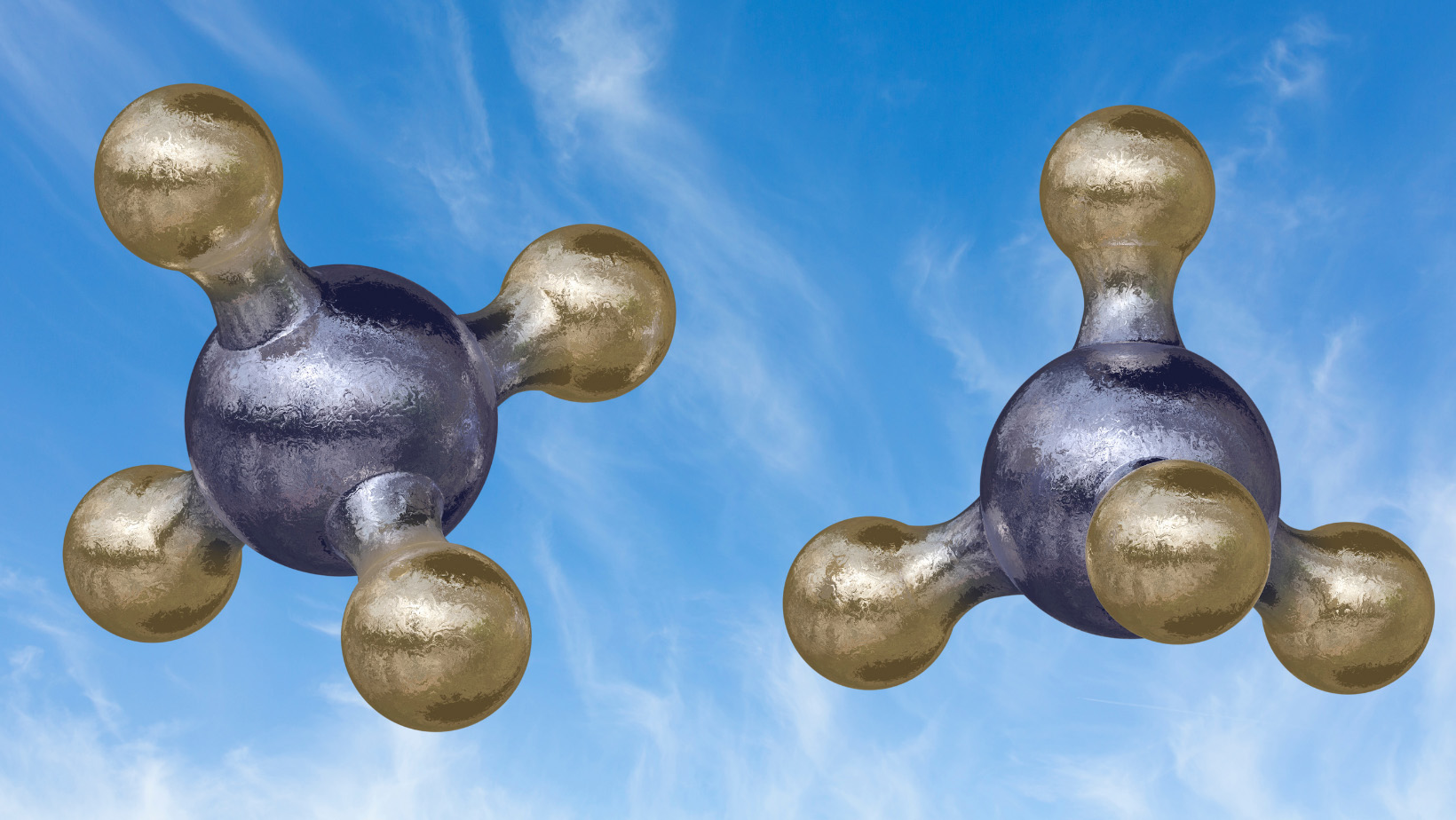
Methane – Definition and Uses
Methane is definitely the lightest of fuels and is composed of one atom of carbon and four atoms of hydrogen. It has been a hydrocarbon known since...
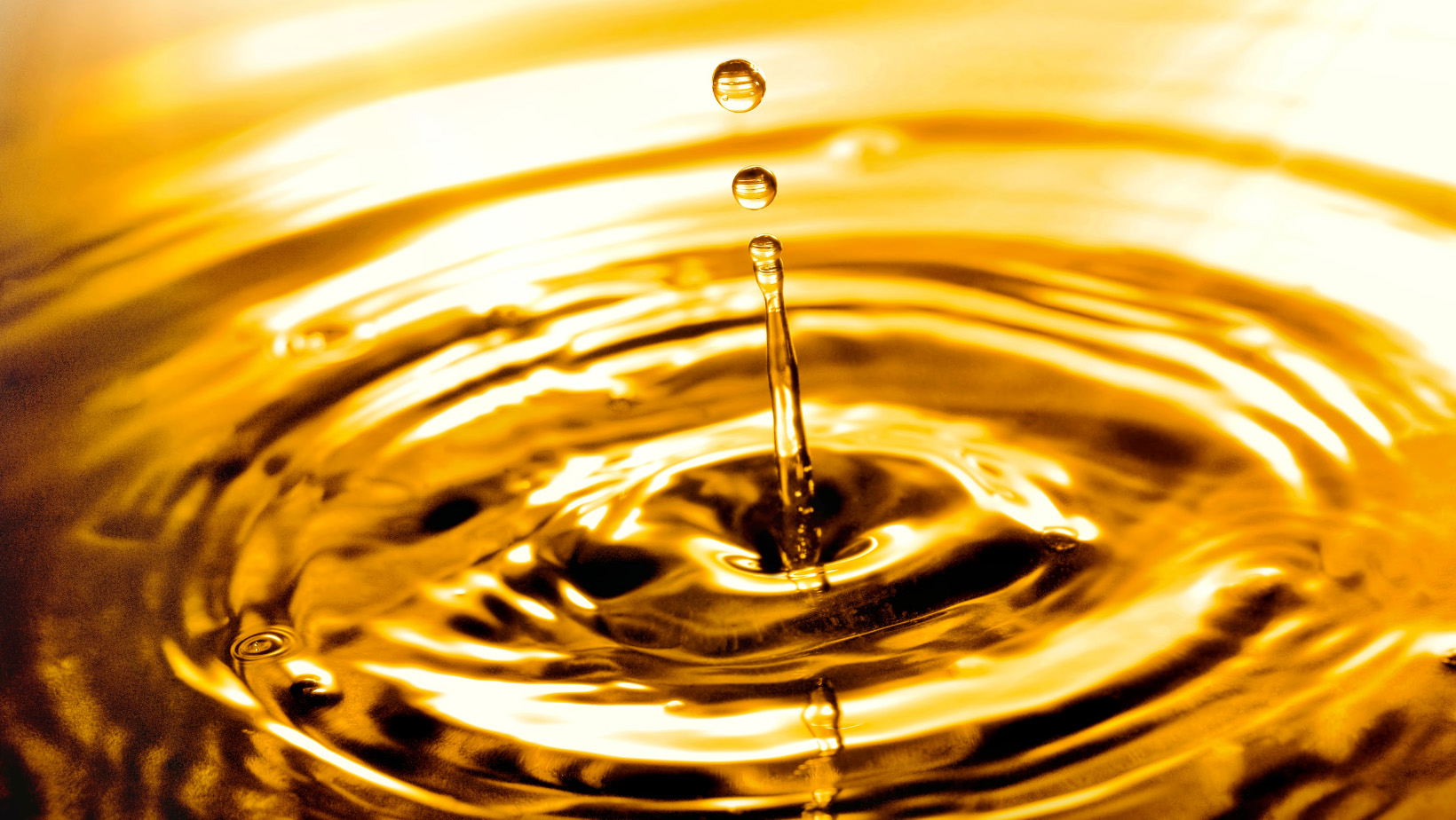
Gas oil - A hydrocarbon you may not know enough about
You may not know this, but gas oil is a mixture of liquid hydrocarbons that is obtained from the distillation of crude oil and is used as a fuel for...

Packaging - More and more companies are using hydrocarbons
More and more companies are using hydrocarbons for packaging, and civil society is becoming increasingly aware of the issue of environmental...
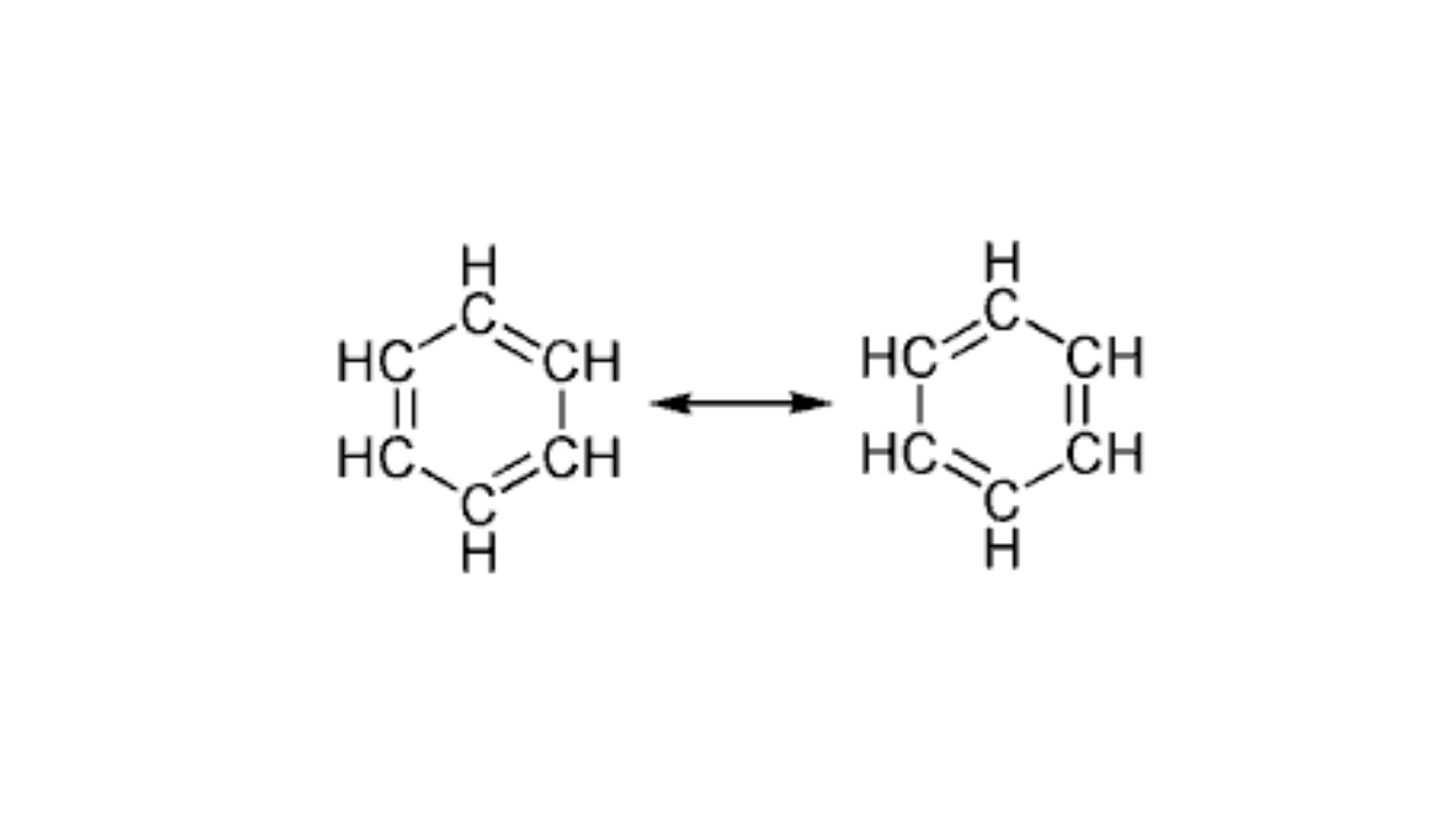
The process of electronic delocalization of hydrocarbons
In physical chemistry, the delocalized electron is a molecule not associated with an atom or a covalent bond and which is part of an electronic...
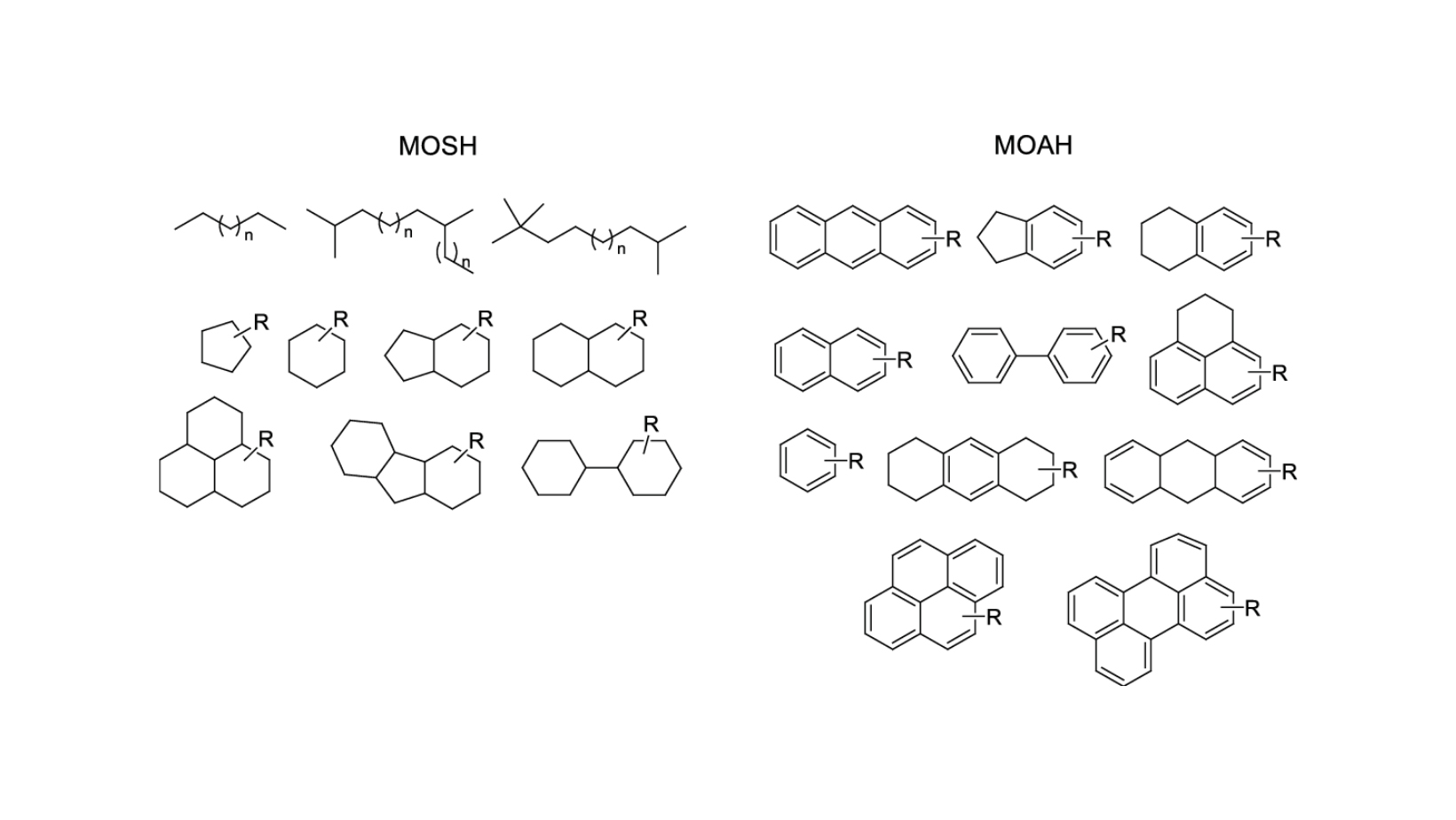
MOSH and MOAH - All about these substances
MOSH and MOAH are hydrocarbons that are considered chemical contaminants, not intentionally added to food and feed, but may be present because of...
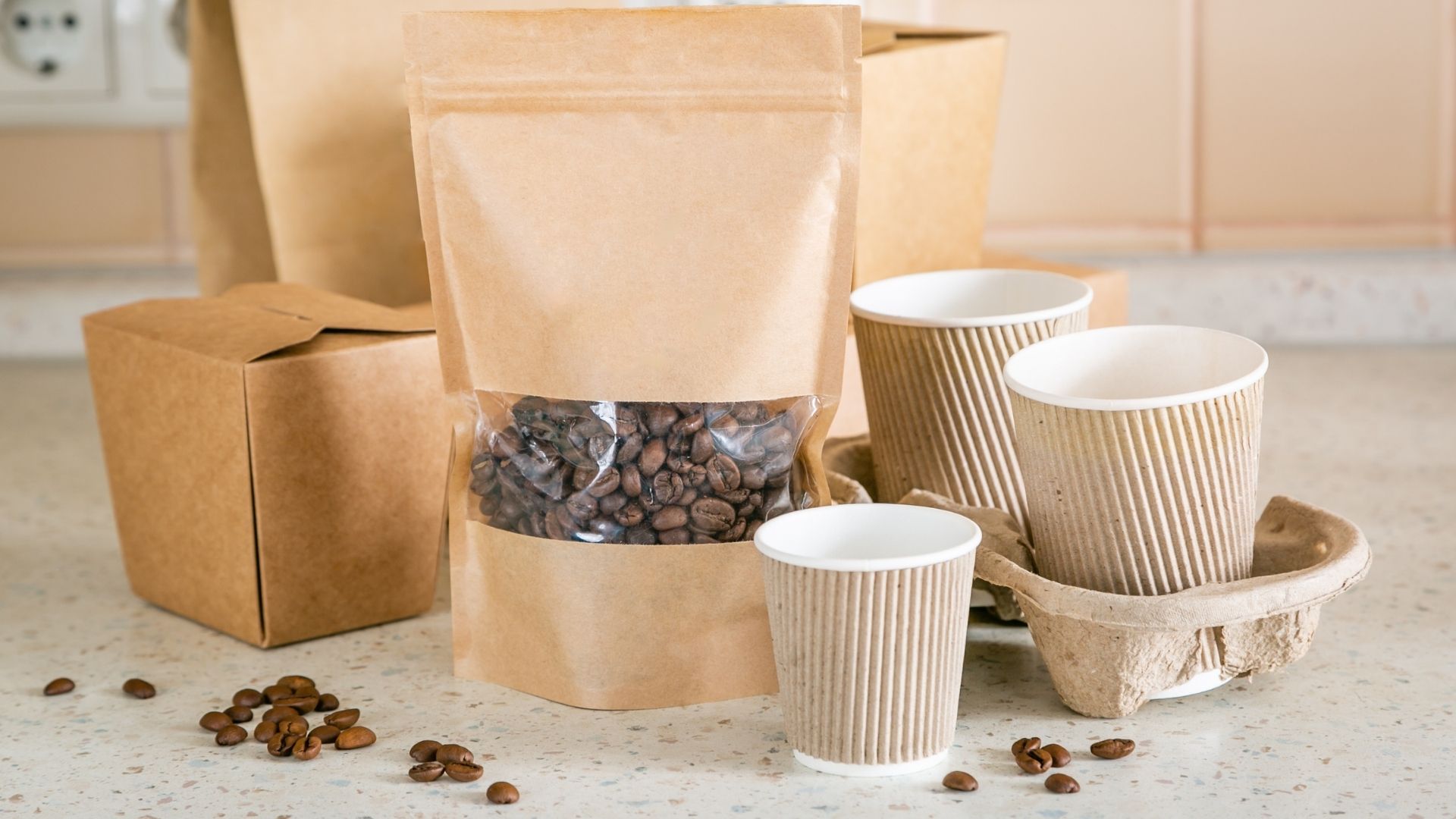
Hydrocarbons: are they really contaminants in food packaging?
Mineral oils are composed of mixtures of aliphatic and aromatic hydrocarbons of varying composition, which derive from petroleum distillates....

Refrigerators - How much do they consume and what powers them?
Every home today has a refrigerator, but how does the cooling process take place and how much does this appliance really consume? Let us find out...
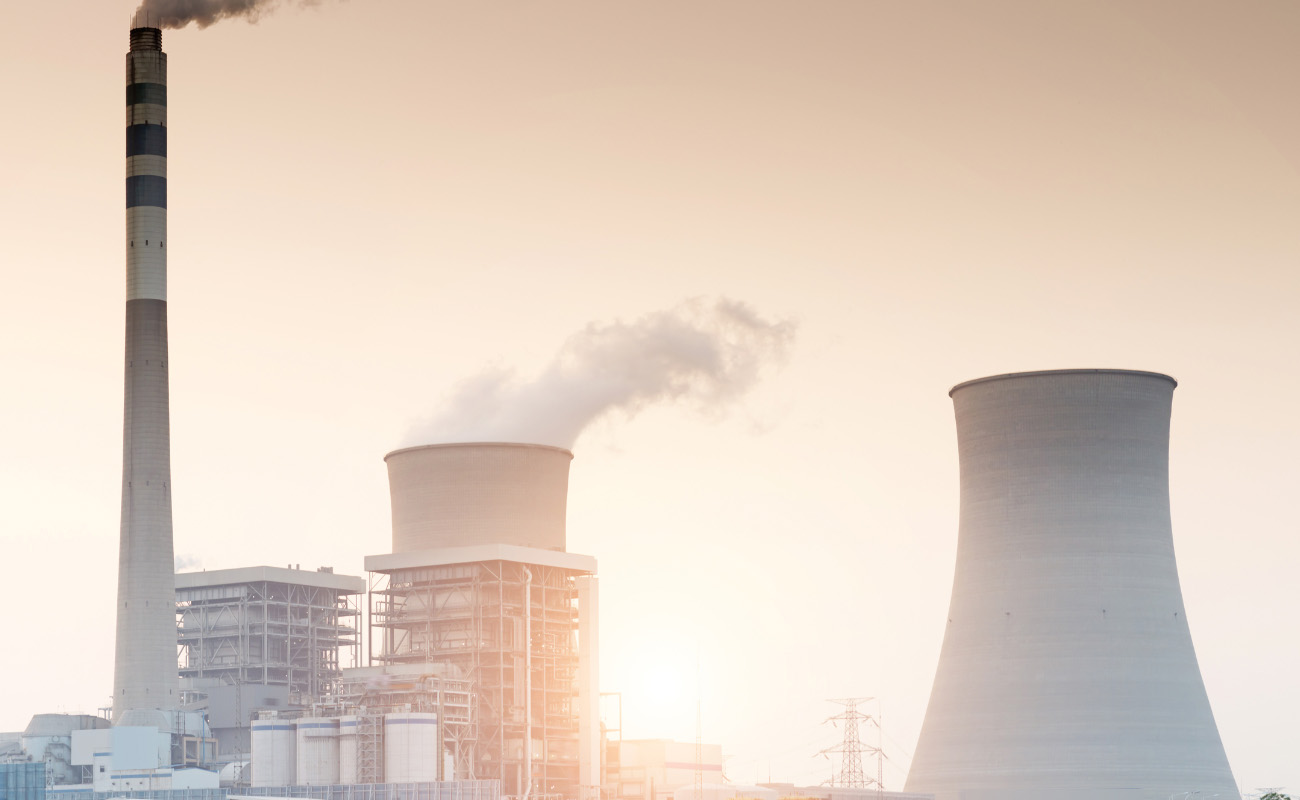
World energy consumption – Some data
When we talk about world energy consumption in economics we refer to the measure of energy use produced from fuel or electricity, but also to its...
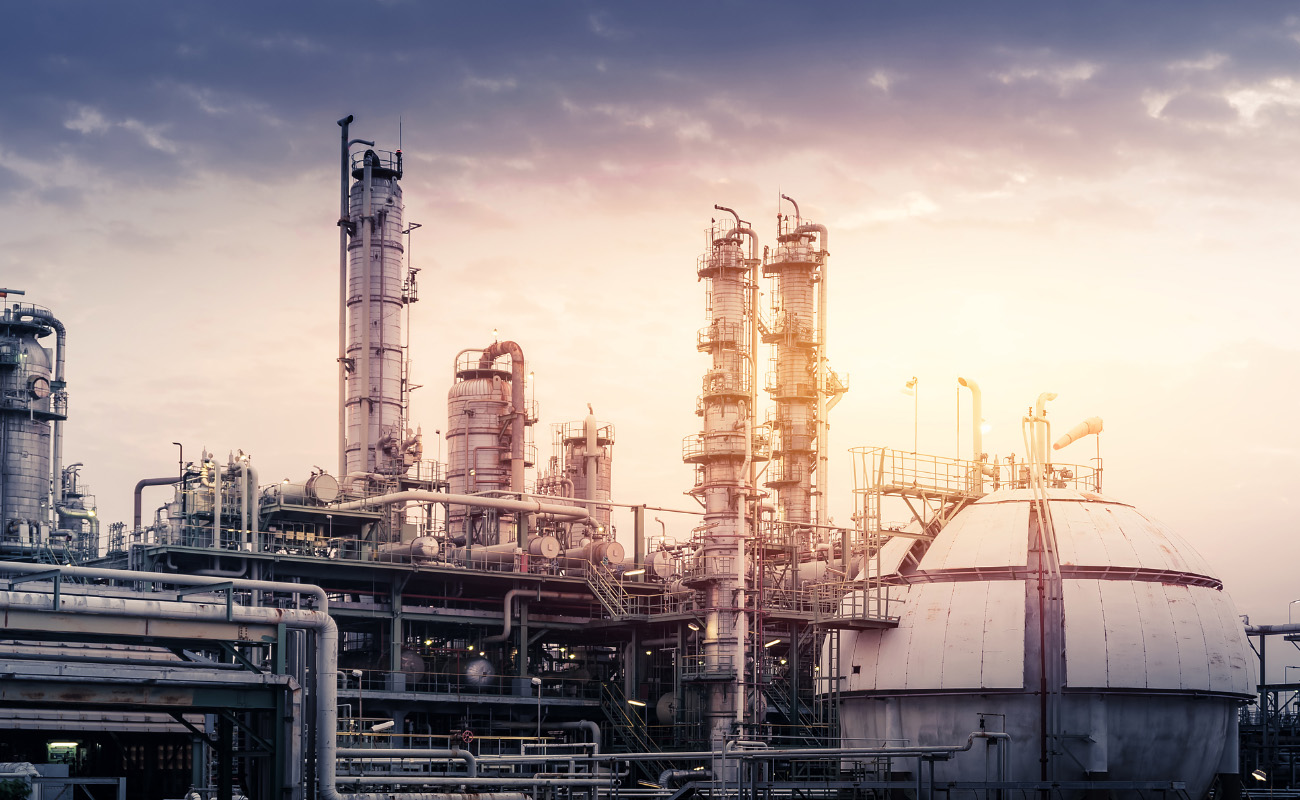
Next-generation fuels – Definition of synthetic hydrocarbons
The European Commission has been working to reduce emissions from the auto industry for some time, and in its Sustainable and Smart Mobility...

Solar energy and CO2 to produce "clean" hydrocarbons
A pilot plant working to obtain alternative fuels to fossil fuels has sprung up in Finland, relying on solar energy, CO2 captured from the air, and...
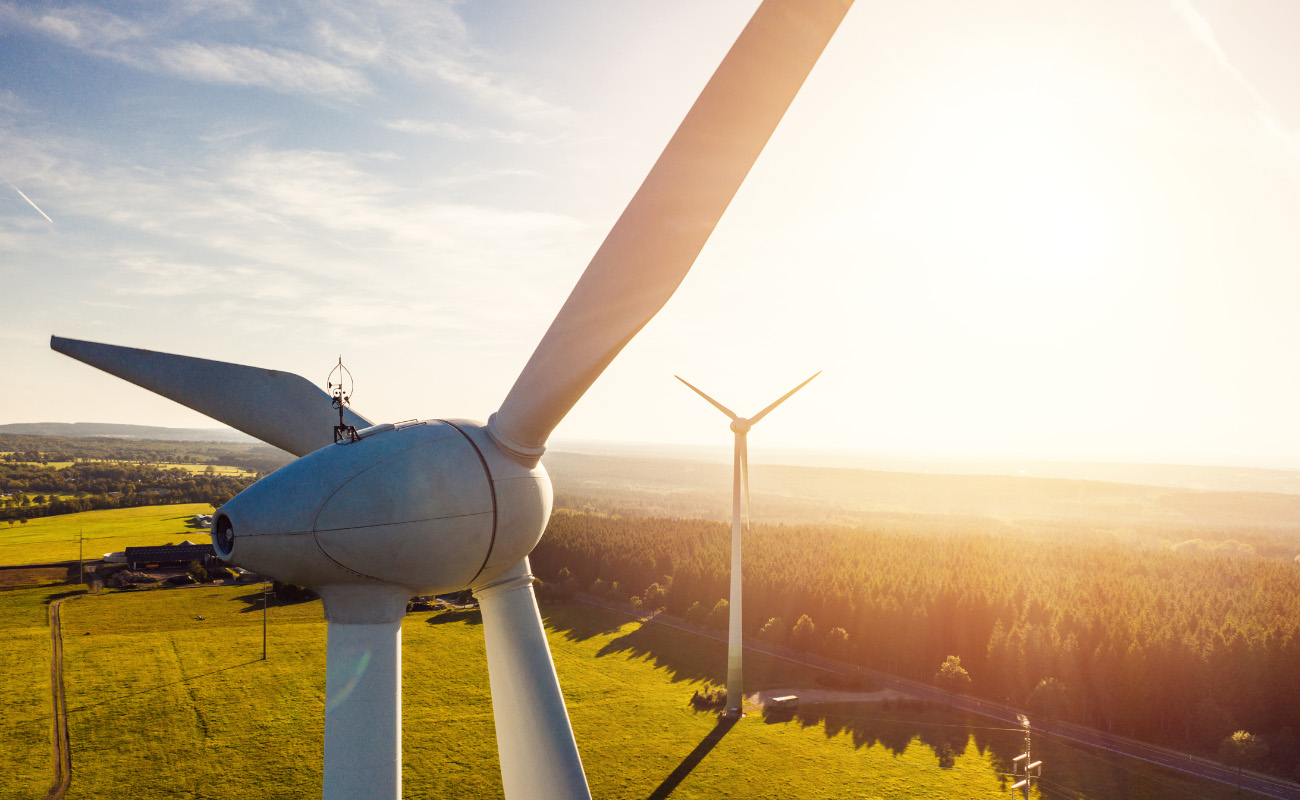
Hydrocarbons and renewables are not antagonists – A myth to dispel
Hydrocarbons such as those proposed by Settala Gas are too often held up for power generation alone, but few know that they also have important...
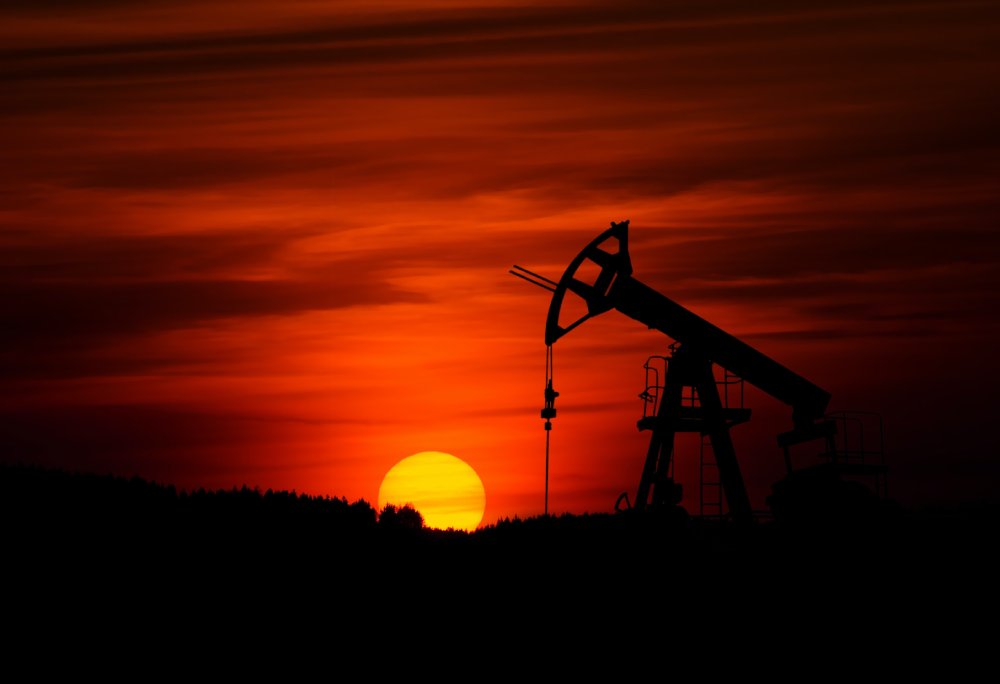
Peak oil in 2030 - Consequences
A study by CMS predicts that peak oil will come in 2030 given the pace and volume of investment in renewable energy by Big Oil. The study analysed...
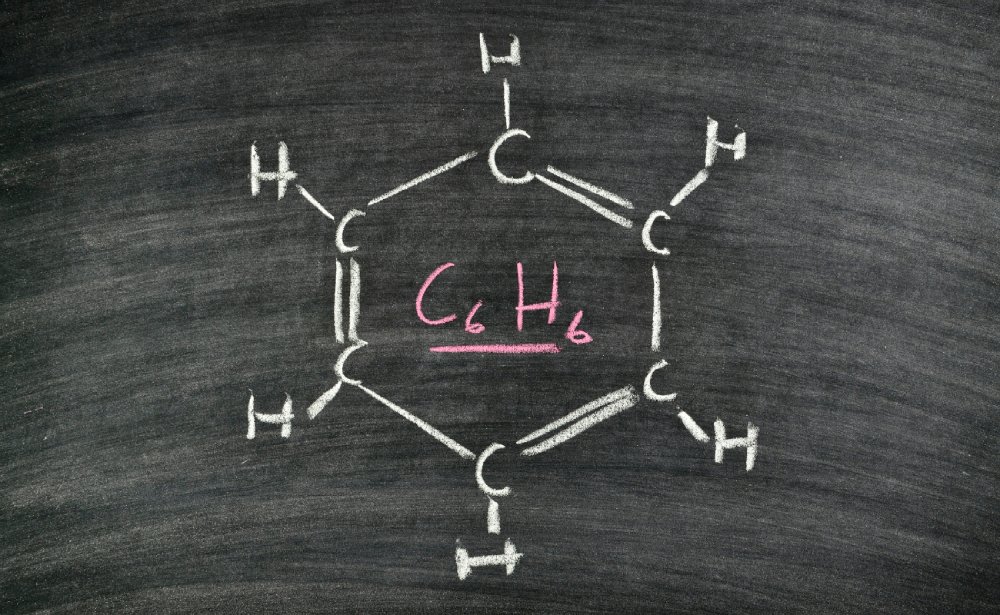
Hydrocarbons: formation and uses | Settala Gas
Hydrocarbons, starting from the simplest one or methane, are formed under certain conditions of temperature, pressure present in the Earth, and have...
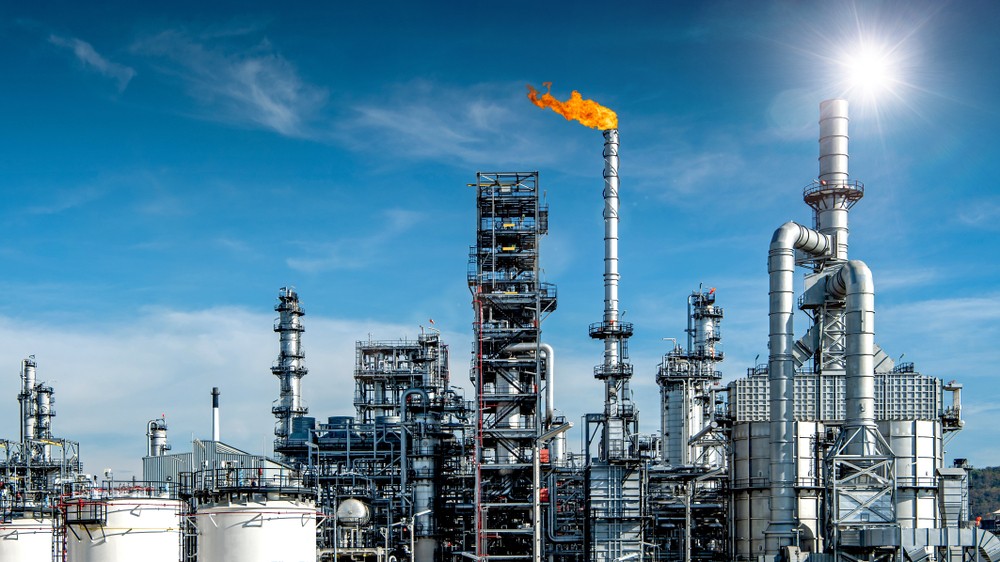
Natural gas storage - Frequently asked questions
Today, underground storage of natural gas is used to meet market gas requirements and to manage production facilities flexibly, always having...

Air conditioning gases - History, types and costs
Perhaps you have never thought about it, but hydrocarbons are the gases also used for car air conditioning, and today R1235yf is mostly used, which...




